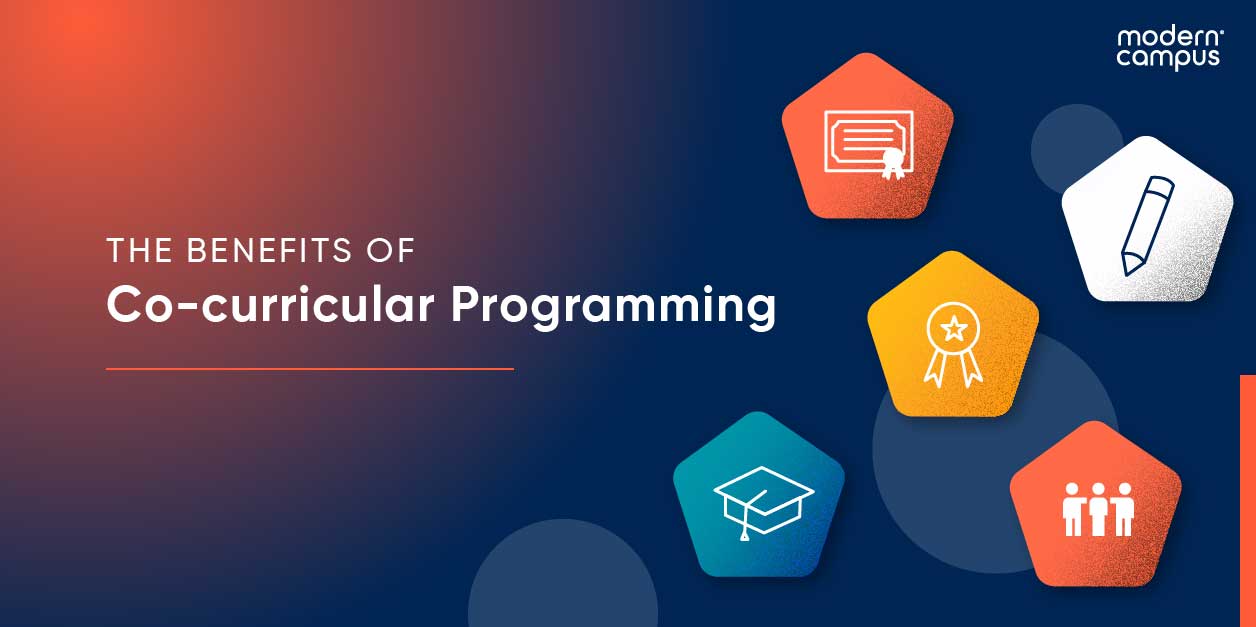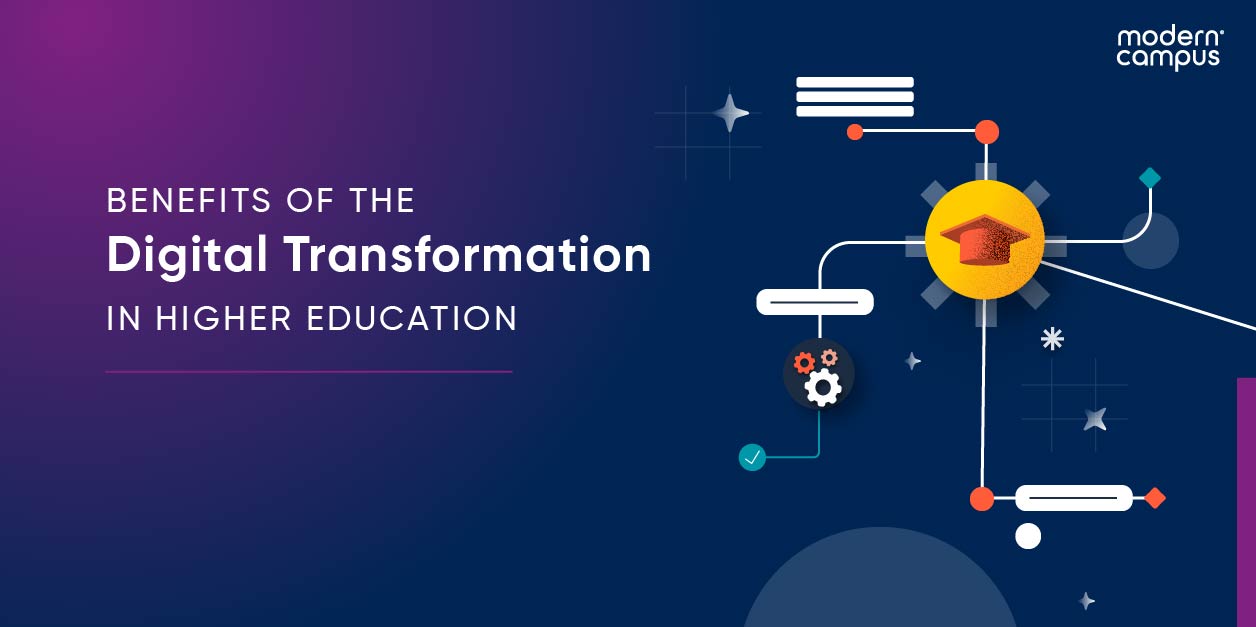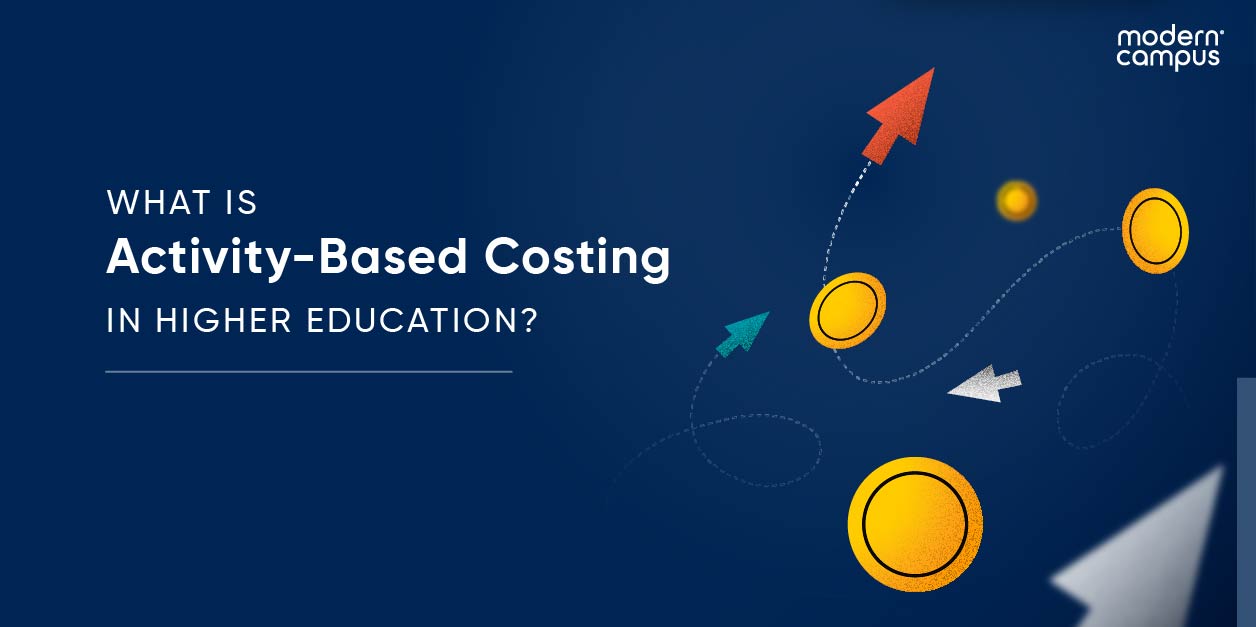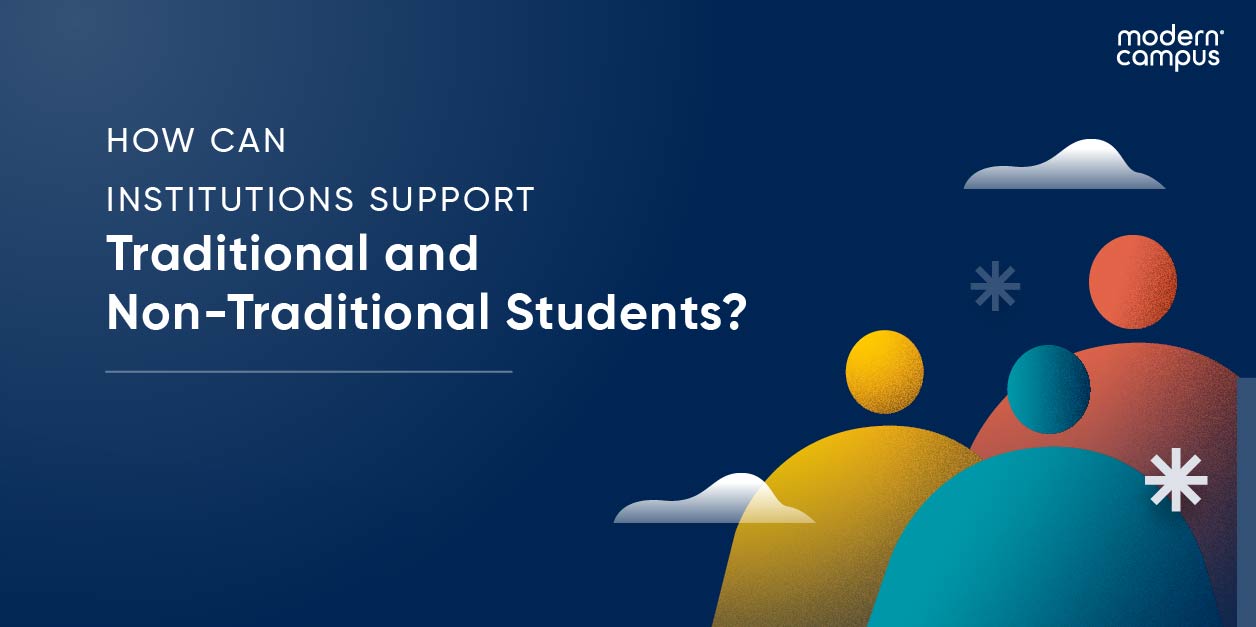Co-Curricular Programming within Higher Education
When designed well, the non-classroom activities your institutions engage students in on campus or online aren’t superfluous fun. They’re co-curricular programs, not extracurriculars. In other words, they complement the academic curriculum and directly increase student retention, wellness, and success.
What are co-curricular programs?
Co-curricular programs strengthen learners’ personal development while enhancing their social connections and sense of shared community with the institution.
Through practical experiences, students gain essential skills that support their academic success and career development. Co-curricular activities can take various forms, including:
- Student clubs and organizations, like sororities and fraternities, honor societies, special interest groups, and student government
- Sports and athletics, including intramural teams and fitness programs.
- Community service, volunteerism, and service learning.
- Field experiences, including internships, research projects, and work-study programs.
- Competitions, such as essay or art contests, debate tournaments, and knowledge bowls.
- Leadership development programs, including workshops, seminars, and retreats.
9 Benefits of co-curricular programming
Skill Development
By challenging learners to engage in new learning experiences, co-curricular programs help students acquire and advance the essential skills modern employers demand. These can include problem-solving skills, written and verbal communication, analytical skills, and the ability to work in a team, among many other skill sets.
Enhanced Learning
Co-curricular activities allow for practical applications of theoretical concepts. Hands-on experience enhances students’ understanding and application of academic concepts, thereby furthering the institution’s mission.
Networking Opportunities
Students involved in co-curricular activities often have the chance to connect with peers, faculty, professionals, and alumni. Networking can lead to valuable relationships, including mentorship and opportunities for internships or employment.
Personal Growth
Co-curricular activities encourage students’ self-discovery and personal growth. Students further their sense of identity and purpose while exploring new and existing interests.
Community Engagement
Community service, volunteerism, and service-learning programs promote social responsibility and city duty. When students engage with local groups and individuals, they help strengthen the relationship between the institutions and the local community.
Increased Retention
Engagement in co-curricular activities is deeply connected to increased retention.
A 2021 study found that students who are actively involved with at least one student organization are 58% less likely to stop out of a public university after their first semester and 24% less likely to drop out after their second or third semester than their uninvolved peers.
Improved Mental Health and Wellness
As we explored in a previous blog, co-curricular programs and activities can play a huge role in reducing student loneliness and improving their self-confidence. Social communities can make students feel welcome on campus while enabling them to develop healthy coping mechanisms for campus stressors.
Institutional Reputation
A robust offering of co-curricular programs enhances the reputation of an institution.
Prospective students are most attracted to institutions where they’ll have opportunities to make friends, develop skills, and engage in new experiences. Alumni who were highly engaged as students are also more likely to sustain positive associations with their alma mater and seek to promote its continued success.
Diversity and Inclusion
Co-curricular activities offer spaces for students to celebrate diverse identities, foster inclusivity, and advocate for positive social change. Clubs and organizations centered around various interests and communities contribute to a welcoming campus community.
Best practices for co-curricular program management
Mission Alignment
Ensure that the vision, goals, and practices of your co-curricular programs and activities align with the mission and goals of the institution. Be sure to offer co-curricular activities that relate to your academic programs.
Diversity and Inclusion
Create programs that celebrate and embrace different cultures, perspectives, and identities. Hire staff and promote student leaders whose own identities represent those of your general student body, including historically marginalized communities.
Collaboration and Partnerships
Foster collaboration between academic and non-academic departments to create holistic, interdisciplinary programs. Seek partnerships with local businesses, community organizations, and alumni to enrich co-curricular offerings.
Student Involvement
In addition to encouraging students to start new clubs and organizations, involve them in the planning and decision-making processes for all one-time events and ongoing programs. Empowering student leaders to take ownership fosters their leadership skills while ensuring that programs are relevant and engaging.
Professional Development
Provide ongoing training and professional development opportunities for staff involved in co-curricular program management. Attend conferences, read online resources, network with colleagues, and engage with digital communities to stay informed about emerging trends and best practices.
Co-Curricular Frameworks
As Co-Curricular Frameworks for Skills Development in Student Affairs explains, learning outcomes tell your students what they’ll learn outside of the classroom, showcase the value of co-curricular programming to institutional leaders, and tell employers what workforce-ready skills your graduates have to offer.
By implementing co-curricular frameworks, you can empower students to meet learning outcomes through programs that complement and build off of one another. A diverse combination of campus experiences can gradually challenge students to progress along levels of learning.
Resource Allocation
In order for co-curricular programs to realize their full potential benefits, institutional leadership must allocate sufficient resources—including funding, facilities, staff, and marketing tools— to support co-curricular programs. In order to earn these allocations, support staff should provide quantifiable data that proves the value of co-curricular initiatives.
Communication and Marketing
Communicate co-curricular opportunities through various channels, including social media, newsletters, and campus events. Highlight the benefits and learning outcomes associated with participation in each opportunity.
Technology Integration
Technology can help you make your programs more engaging while saving your staff time and reducing barriers to student engagement.
Text messaging is a clever way to inform the right students about the right opportunities at the right time. Modern Campus’s blended messaging technology makes it especially easy to schedule authentic one-to-one messages at scale.
Student engagement platforms allow institutions to promote every opportunity in a single one-stop-shop engagement hub, foster greater involvement via gamification, and implement co-curricular frameworks.
Outcomes Needs Assessment
Conduct regular needs assessments to understand the interests and requirements of students. Gather feedback through surveys, focus groups, and discussions to identify areas for improvement.
Check out these surprisingly simple tips on assessment through a co-curricular lens.
Managing co-curricular programs requires careful planning, organization, and attention to students’ evolving needs. But by keeping abreast of best practices, your institution and its students can reap enormous rewards.
Last updated: January 29, 2024




